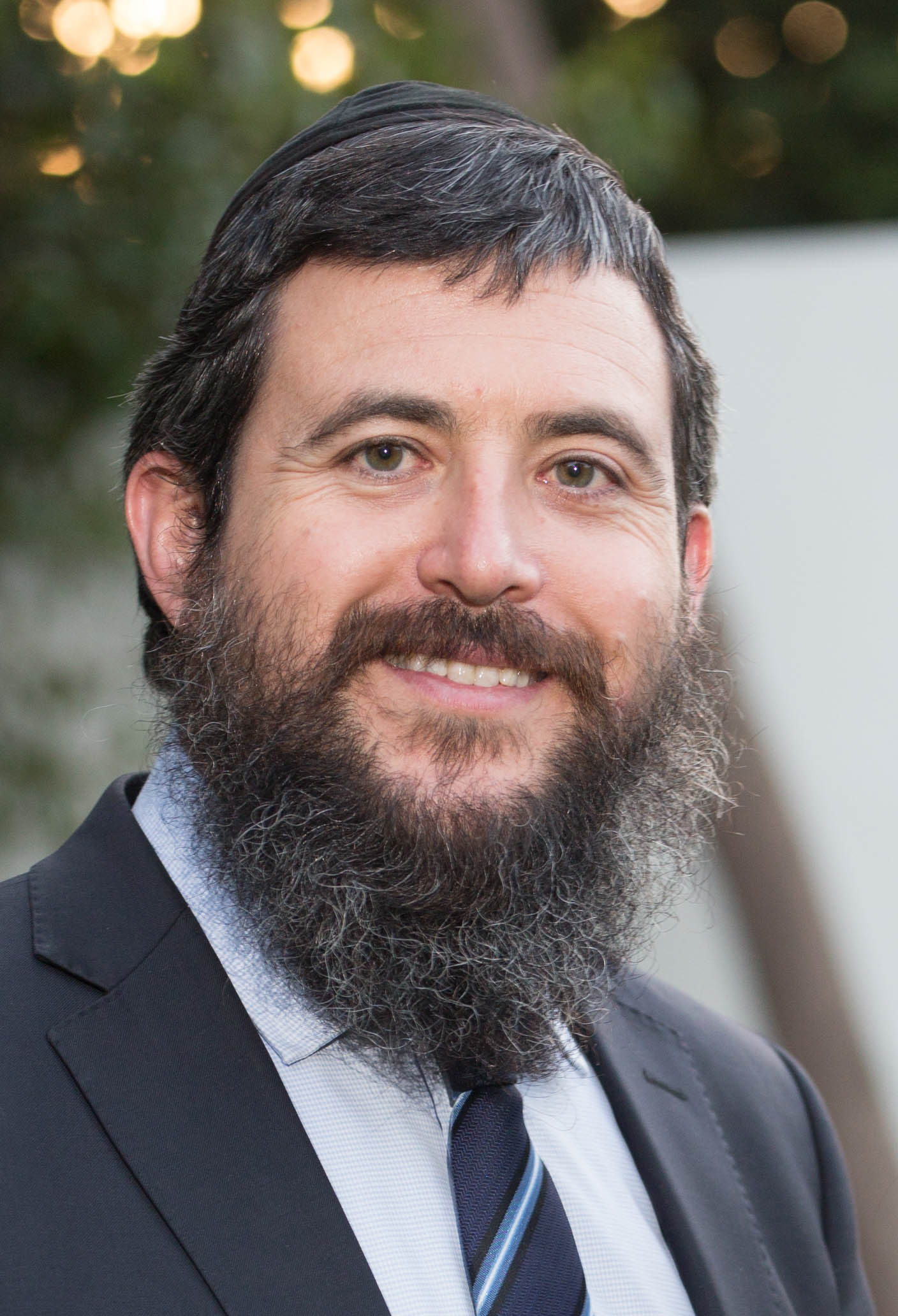click to dowload our latest edition
CLICK HERE TO SUBSCRIBE TO OUR NEWSLETTER


Published
2 years agoon
It’s like a warm-up before a run, or shots in the nets before a cricket match. This is how we view the month of Elul, which sets the tone for the high holiday season.
The more we train for a run or the more we practice for a game, the better we’ll perform when it really counts. This is how we approach the month of Elul: the more focused we are on our relationship with G-d during this month, the more meaningful our experience will be over the high holidays.
During Elul, many spend time studying the Machzor, the special prayer-book with the high holiday services in it. This preparation enables us to familiarise ourselves with the prayers and the words, thereby making the shul experience a whole lot more meaningful.
Every year, as we blow the shofar throughout the month of Elul and prepare ourselves to coronate G-d as king on Rosh Hashanah, the following insight comes to mind. I share this with you, as I hope the message will inspire you as it inspires me.
In the days of old, up until the 20th century, monarchies were the most common form of government. Kings, emperors, and sultans governed countries around the world. Whatever they said was listened to. Sometimes they were merciful, at others they were cruel. Either way, they had the final say.
It therefore wasn’t a surprise to the Jewish community when the men of the great assembly instructed them, during the Second Temple era, to change the wording in our prayers during the ten days of Teshuvah. During the Amidah, we usually say, “the holy G-d”, but during the high holiday season, we were told to exchange those words with, “the holy king” as we coronate G-d as our judge and king at this time of the year.
Ultimately, we’re appointing G-d as our monarch, who instructs us to perform His commandments, and we must observe them. Whether we agree or disagree, we’re bound to the word of G-d and to His mitzvot.
However, during the 20th century, monarchy was replaced with democracy – a form of government in which the people have the power to decide legislation. The word “democracy” stems from Greek, and stands for two words: “demos” (people) and “kratos” (rule) as this approach to governance promotes the power of the people over the individual.
No one individual carries power in the democratic world because ultimately, it’s the people who vote him/her into office and it’s the people who can vote a person out of office too.
Though coronating G-d as king and change the wording in the prayers was appropriate in Temple times, it seems that Judaism hasn’t adapted with the latest in societal change as we still say, “the holy king” in our prayers today while the rest of the modern world has long moved on.
This seems strange, as Judaism has always spoken the language of the people. Though it was given more than 3 000 years ago, the Torah’s teachings are always relevant and relatable to the times in which we live.
Rabbis and commentators continuously show us how the most ancient law carries practical relevance. So, what happened with the annual appointment of G-d as king? Haven’t they found a way to modernise this process to suit the progressive times we live in?
One approach to answering these questions is that indeed, the Torah doesn’t adapt to new-age realities. Though the modern world celebrates democracy and the power of the people, Judaism still promotes G-d as our king. Judaism doesn’t believe that power is in the people, but rather in G-d, and we mustn’t allow ourselves to be swept away by modern culture.
However, the holy Rabbi Yisrael Baal Shem, otherwise known as the Ba’al Shem Tov, and the Chassidic masters, had a different approach to the coronation of G-d as king. They explained that G-dliness isn’t something abstract and distant from us, but rather within each one of us. We all have a soul, which is part of G-d.
Thus, when we proclaim G-d as king on Rosh Hashanah, we’re also referring to the G-dly spark inside each one of us. Our deeper selves are revealed during this time of the year and we – the people – are once again given the power and strength to be our true selves, aligned with G-d, and the purpose for which He created us.
The high holidays aren’t just a time when we coronate G-d as king, but rather a time when our true potential shines; when we’re able to reveal “the real me”, and are empowered to tap into the G-dly power that’s part of each of us. Demos kratos – the power is in the people, inside you and me.
A few weeks ago, in honour of Tisha B’Av, the national day of mourning, we hosted an evening at our shul focused on overcoming adversity. Two of our guest speakers were Erin Lazarus, who spoke about life with her new prosthetic leg, and Cheryl Green, who spoke about life after her daughter, Hanna’s, passing.
Both of their stories are difficult and challenging, but we were able to see the inner strength that motivated these two young women during their time of adversity. They are both very strong and have an unbreakable will to live life in spite of the difficulties. This is the true meaning of “the power is in the people”.
Each of us carries a soul inside of us, a part of G-d. As we approach the high holidays, let’s empower this soul to shine forth with confidence and positivity, thereby enabling us to live life to the fullest.
